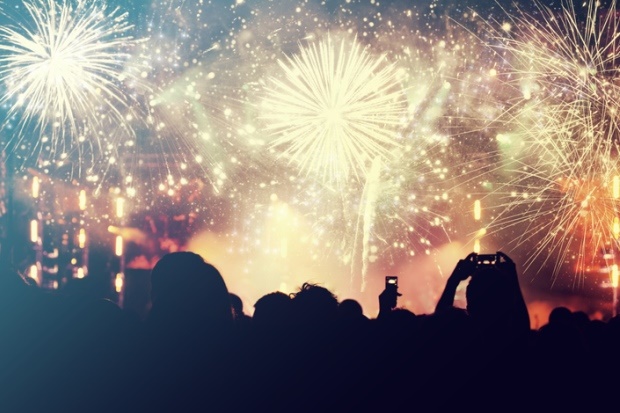Hearing loss is no longer a trait of old age. According to the World Health Organization (WHO) about 1.1 billion young people between the ages of 12 and 35 years of age are at risk of hearing loss.
The WHO says this is due to exposure to loud noise in recreational environments.
New Year’s Eve gatherings are often hubs of loud noise – here are five ways to protect your hearing during the celebrations.
1. Wear earplugs
According to Dangerous Decibels, a music concert can generate more than 110 decibels (dB) which is almost twice the amount generated during a conversation.
Exposure to loud music can damage your hearing within two minutes. If you find yourself at a music concert this New Year’s Eve, use earplugs to protect your hearing and prevent ringing ears long after the concert has ended.
2. Take short breaks
The countdown to New Year’s Day only lasts about an hour but the loud conversations may leave your ears feeling irritated.
While normal conversations take place at around 60dB, group conversations can be louder at 70dB.
At parties, group conversations can generate more than 85dB of noise, which is the daily recommended safe level. Should conversations become louder, you may be exposing your ears to harmful noise levels.
Save your hearing by moving to a quieter spot to give your ears a much-needed break.
3. Keep your ears dry

Planning on having an afternoon swim before hitting the town in the evening?
Invest in some swimmer’s earplugs to prevent swimmer’s ear (otitis externa), which can cause temporary hearing loss. Swimmer’s ear occurs when bacteria found in lakes and oceans enters the ear canal leading to pain.
Swimming earplugs and thorough drying of the ear can prevent this painful ear infection.
4. Lower the music
Playing some party jams on the way to a New Year’s Eve braai may be a great way to get you into the festive mood. But make sure you protect your ears and avoid listening to music at more than 60% of the volume.
Similar to being at a concert, loud music in your car or earphones can cause permanent hearing loss.
5. Avoid fireworks

While fireworks may be one of the best parts of New Year’s Eve celebrations, they can damage your ears.
Fireworks generate between 150dB to 175dB of noise – an airplane produces as much noise as 150dB on take off. Don’t want to miss the show? Then find spot that is at least 15 to 20 metres from the fireworks.
If you prefer to be up close, pop some earplugs in to protect your hearing.
Image credits: iStock





